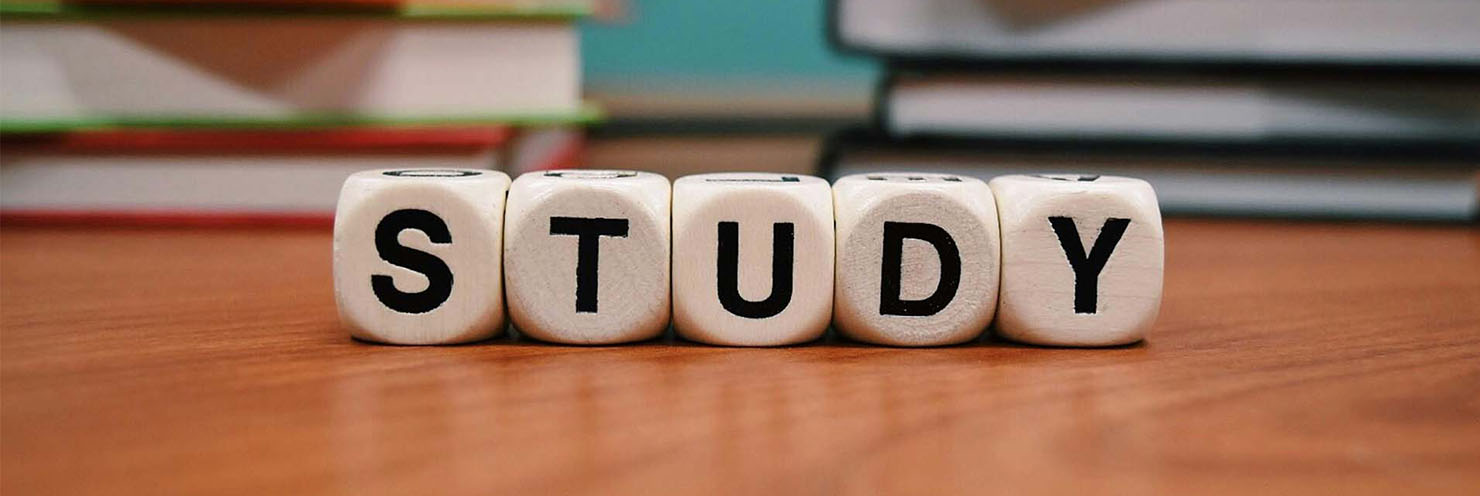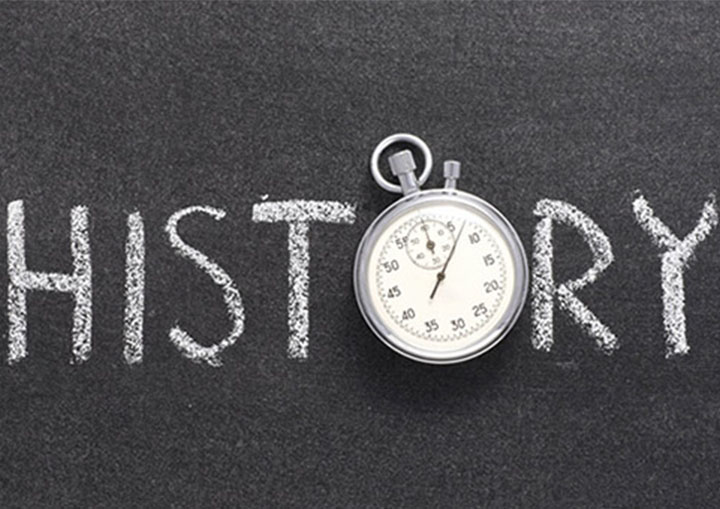
A Level History
Get insights into the curriculum we offer, discover the topics and skills you’ll learn with us and find out why this is a great subject to study with us

Studying History at A-level immerses students in a deep exploration of the past, analyzing events that have shaped societies across the globe. This course encourages learners to develop a critical understanding of historical events and trends from various eras and regions, such as medieval England, the French Revolution, or the Cold War. Students engage with diverse sources, learning to scrutinise and interpret evidence, which hones their analytical skills and fosters a rigorous approach to gathering and assessing information.
History A-level also enhances writing and argumentation skills, as students must articulate complex ideas clearly and persuasively in essays and exams. This subject not only deepens understanding of the political, social, and cultural dimensions of history but also enhances critical thinking skills applicable in many fields. As a result, History A-level is highly valued by universities and employers alike, offering a strong foundation for careers in law, journalism, politics, and education.
Entry requirements: Grade 6 in GCSE History and Grade 5 in GCSE English and Maths
Course content
Year 12
In year 12, students will study two courses concurrently with two different teachers. They study the
rise of Communism in Russia and the reasons for, and impact of, the February and November
revolutions in Russia in 1917.
Students look at the social, economic and political impact of the revolutions and the reasons why Russia was ripe for revolution and how Lenin exploited the impact of WWI and the Tsar’s inability to rule. Students also study the Early Tudor period looking at the victory at the Battle of Bosworth in 1485 and how Henry Tudor secures his position on the throne and wins the War of the Roses.
Students then go on to study the impact of Henry VIII and his reign and the reasons for the religious and political upheaval caused by his divorce.
Year 13
In year 13, students continue their studies sitting two exams at the end of Year 13 with each
constituting 40% of their final mark. Students continue studying Russia under Stalin looking at the
changes he makes in Russia and the impact of his economic and social policies on the people. We
finish this unit by looking at the Soviet victory in WWII and the final years of Stalin and how secure
Stalinism was upon his death in 1953. On the other side of the course continue their study of Henry’s
3 children and their reigns focusing much of the time on Elizabeth I and the Golden Age. This
includes an analysis of her foreign policy relations with Spain and the New World and her religious
policies and impacts on England. Students also study an NEA or Non-Examined Assessment. This
involves a self-studied and self-researched historical investigation with students choosing and
answering their own question over the course of Year 13 and submitting this prior to the exam. The
NEA constitutes the final 20% of the student’s overall mark.
Assessment
1. Breadth Study – 2hr 30m – 80 marks – 40% of A level
2. Depth Study – 2hr 30m – 80 marks – 40% of A level
3. Historical Investigation – non examined assessment (NEA) – 40 marks – 20% of A level
What you can do next?
A level History is a subject which is well viewed by the majority of Russell Group and non-Russell
Group universities. History supports careers such as Law, Journalism, Politics and Finance. Many
History graduates go on to study for further qualifications and can work in museums, teaching or
project management. It is seen as a subject that presents students with a wide range of skills such as
the ability to communicate complex points, use evidence to come to an informed decision, the
ability to process large volumes of complex information and the ability to empathise and understand
other people’s opinions.